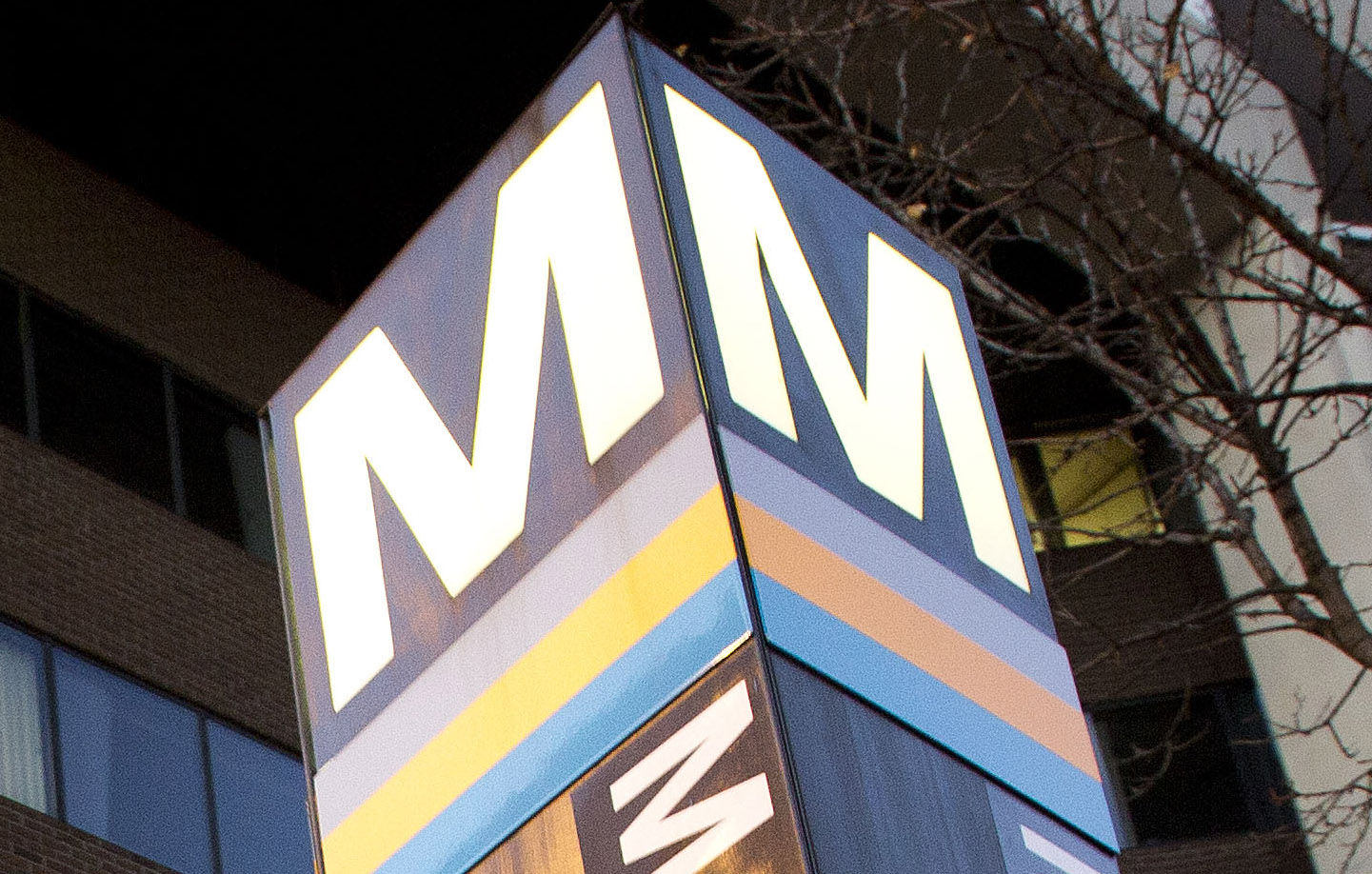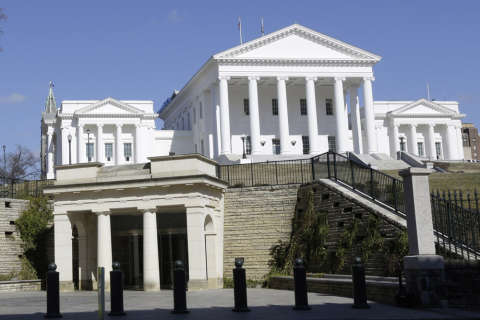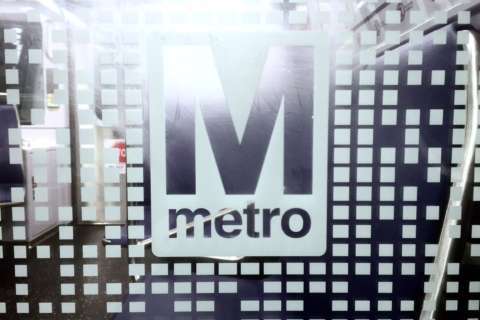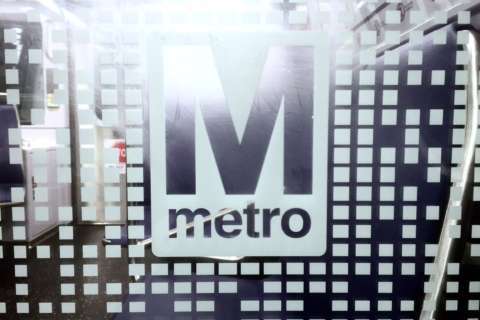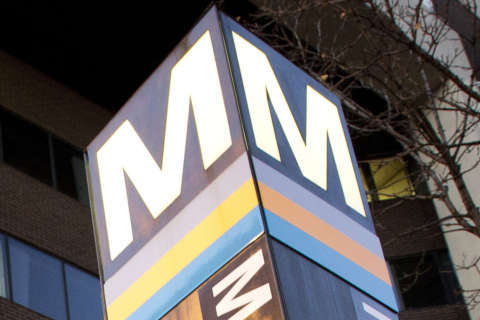
WASHINGTON — Metro’s supporters are becoming more optimistic that the agency will get dedicated tax funding during this winter and spring’s legislative sessions in Maryland and Virginia.
Richmond had been seen as a particular roadblock; Metro supporters believe closed-door talks to tweak former Gov. Terry McAuliffe’s plan to increase some Northern Virginia taxes are making significant progress. Deadlines loom a few weeks ahead.
“There’s some, I think, developments that will be coming out soon,” Alexandria City Councilmember and Metro Board member Paul Smedberg said Thursday.
A significant part of the General Assembly still wants more changes to Metro before more money is provided, though.
Metro General Manager Paul Wiedefeld testified and lobbied in Richmond earlier this week and in Annapolis last week on the several options that remain on the table.
“There is more work to be done and it will continue for years to come. All those underscore the need for dedicated funding to continue investing in renewing and rehabilitating the system’s basic infrastructure, and I’m glad to see that in Richmond, Annapolis and the District there are promising activities on that front,” Wiedefeld said.
He plans to testify Feb. 7 before a D.C. Council committee chaired by Metro Board Chairman and D.C. Councilmember Jack Evans.
Virginia’s General Assembly session is scheduled to end March 10; Maryland’s General Assembly adjourns April 9. The D.C. Council is hoping for a vote by April.
“The importance of properly funding and maintaining the Metro system has been brought to the forefront obviously in last week’s announcement by Amazon with us getting three potential locations out of 20. It’s clear that we must keep [the] Metro system thriving to attract the attention of major business and encourage growth in our region,” Wiedefeld said.
Maryland Gov. Larry Hogan agreed Thursday that Amazon’s forthcoming announcement of their site selection for a second headquarters could provide an additional spark for the variety of funding plans under consideration in Annapolis, since $2 billion of the $5 billion in proposed incentives are largely road or Metro fixes “that we’re already talking about doing. … Transportation improvements, many of which make sense anyway,” Hogan said.
Evans, the Metro Board chair, is equally hopeful, calling it “a very, very exciting time for Metro, and certainly in all the years I’ve been following it and been on this board, whenever there’s a window — and this is it — things can happen,” Evans said.
Several bills have also been submitted in Congress, but those have yet to see any action.
“In all the jurisdictions, and the federal government, we have legislation, and that’s just never happened before,” Evans said.
U.S. Rep. Barbara Comstock, R-Virginia, promised outside a Metro Board safety committee meeting Thursday to be a strong advocate for her proposal to add some additional money for Metro in exchange for significant changes to Metro’s Board.
“We are talking about more money, but that money needs to be in exchange for some fundamental reforms,” Comstock said.
She hopes to set a hearing on the bill, but it is not clear if or when it would actually move forward.
The same goes for alternatives proposed by congressmen John Delaney, Jamie Raskin and Anthony Brown, all Democrats from Maryland.
A number of business groups have thrown their strongest support behind Comstock’s bill, while Metro’s largest union supports the Brown-Raskin bill.
Wiedefeld has said he needs a promise of additional funding by summer, even if the money has not begun to roll in yet, in order to fund critical repairs and upgrades.
The money otherwise would have to come from the general funds of local governments in Virginia, the state budget in Maryland and the District’s general fund.
“As many issues and problems as we have — and we do have them — Metro still, in my view, is the finest rail and bus system in the country,” Evans said.

